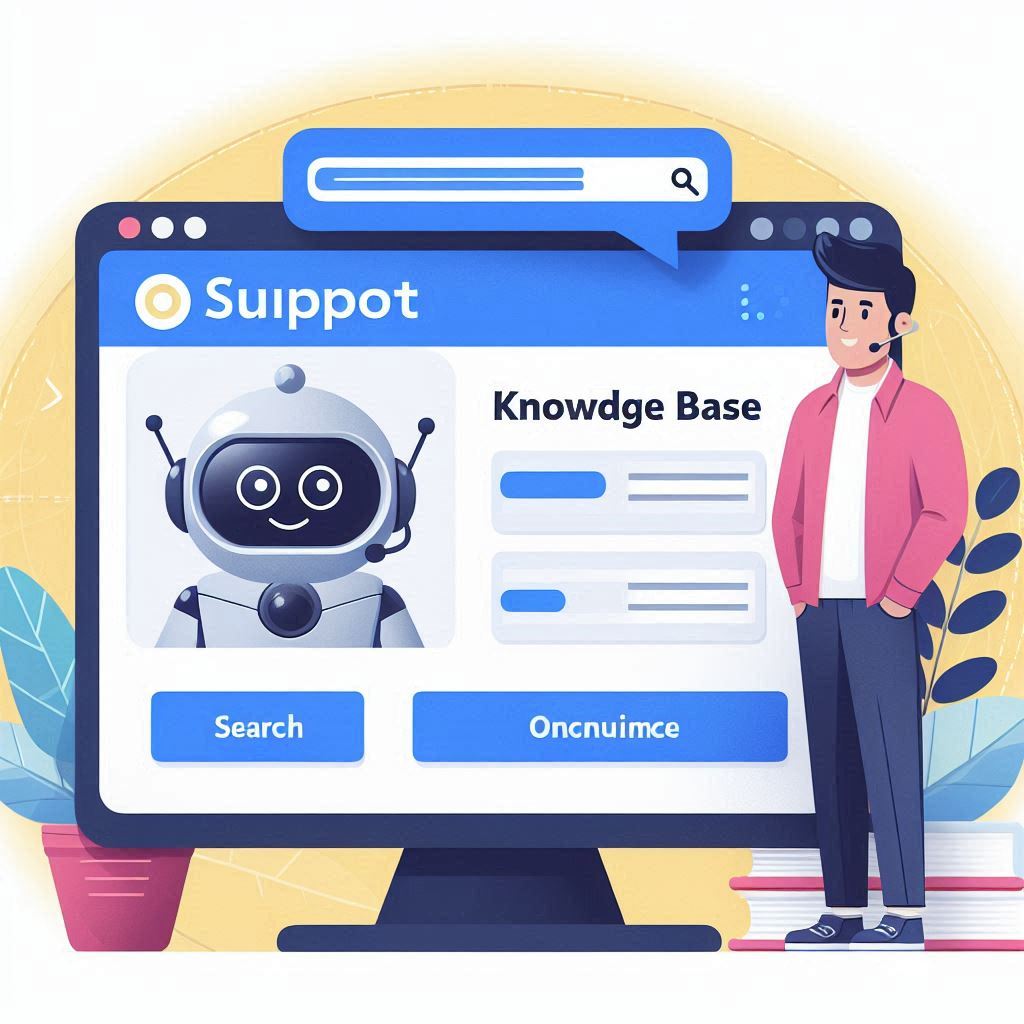How to Create a User-Friendly Support Portal for Software
A user-friendly support portal is essential for software companies to enhance customer satisfaction and ensure effective problem resolution. By providing easy access to resources, information, and assistance, a well-designed support portal can empower users to find solutions quickly and efficiently. This guide outlines the key steps to create a user-friendly support portal for your software.
1. Define the Purpose and Goals
Identify User Needs
Before designing the portal, understand the specific needs of your users. Conduct surveys, interviews, or usability testing to gather insights into what users expect from a support portal. Identify common issues, frequently asked questions (FAQs), and desired resources.
Set Clear Objectives
Establish clear goals for the support portal. These might include reducing the number of support tickets, improving response times, or increasing user satisfaction. Having defined objectives will guide the design and functionality of the portal.
2. Design an Intuitive User Interface
Simple Navigation
Create a clean, straightforward navigation structure that allows users to find information quickly. Use clear labels for categories and subcategories, and consider implementing a search function to help users locate specific topics or resources easily.
Consistent Layout and Design
Maintain a consistent visual design throughout the portal. Use uniform fonts, colors, and button styles to create a cohesive experience. A visually appealing design can enhance user engagement and satisfaction.
3. Provide Comprehensive Knowledge Base
Develop FAQs and Articles
Create a robust knowledge base that includes FAQs, how-to guides, and troubleshooting articles. Organize content into relevant categories, making it easy for users to browse or search for solutions to their problems.
Use Clear and Concise Language
Write articles in a clear and concise manner, avoiding technical jargon where possible. Use simple language that is easy for users to understand, and provide step-by-step instructions when explaining processes.
Incorporate Visual Aids
Use screenshots, diagrams, and videos to enhance the clarity of your articles. Visual aids can help users understand complex concepts more easily and improve the overall usability of the support portal.
4. Implement a Ticketing System
Streamlined Ticket Submission
Integrate a ticketing system that allows users to submit support requests easily. Provide clear fields for necessary information, such as the issue description, software version, and contact details.
Automated Responses
Set up automated responses to acknowledge ticket submissions. Inform users of the expected response time and provide them with a ticket number for tracking purposes. This helps manage user expectations and improves transparency.
5. Enable Community Support
User Forums or Discussion Boards
Consider adding user forums or discussion boards where users can ask questions, share experiences, and provide support to one another. Community engagement can foster a sense of belonging and help users find solutions from peers who may have faced similar issues.
Moderation and Guidelines
Ensure that forums are moderated to maintain a respectful and helpful environment. Establish clear guidelines for participation and provide staff oversight to address inappropriate content or misinformation.
6. Provide Contact Options
Multiple Support Channels
Offer various support channels, such as email, live chat, or phone support, to cater to different user preferences. Ensure that users can easily access these options from the support portal.
Clear Contact Information
Display contact information prominently on the portal. Include response times and availability for each support channel to help manage user expectations.
7. Gather Feedback for Continuous Improvement
User Surveys and Feedback Forms
Integrate feedback mechanisms, such as surveys or feedback forms, within the support portal. Regularly gather input from users about their experience and the effectiveness of the support resources provided.
Analyze Usage Data
Utilize analytics tools to track user behavior on the portal. Monitor which articles are most viewed, the common search queries, and ticket resolution times. Use this data to identify areas for improvement and optimize the support experience.
8. Ensure Mobile Responsiveness
Mobile-Friendly Design
Design the support portal to be mobile-responsive, ensuring that it functions smoothly on smartphones and tablets. Many users access support resources on the go, so a mobile-friendly design enhances accessibility.
Test Across Devices
Regularly test the portal across various devices and browsers to ensure consistent functionality and appearance. This helps identify and resolve any usability issues that may arise.
9. Train Support Staff
Knowledge and Empathy
Provide training for support staff on the use of the portal and customer service best practices. Ensure that they are knowledgeable about the software and can assist users effectively.
Encourage Feedback from Staff
Encourage support staff to provide feedback on the portal’s usability and the resources available. Their insights can help identify gaps in information and areas for improvement.
10. Promote the Support Portal
Increase Awareness
Promote the support portal through various channels, such as newsletters, social media, and within the software itself. Ensure that users are aware of the resources available to them and how to access them.
Onboarding for New Users
Incorporate information about the support portal into the onboarding process for new users. Ensure they understand how to navigate the portal and utilize its resources effectively.
Conclusion
Creating a user-friendly support portal for your software is a vital step in enhancing customer satisfaction and improving the overall user experience. By defining clear goals, designing an intuitive interface, providing comprehensive resources, and fostering community support, you can empower users to find solutions quickly and efficiently.
Continuous improvement through user feedback and analytics will ensure that the portal remains relevant and effective. By investing in a robust support portal, you can build stronger relationships with your customers and promote loyalty to your software solution.












